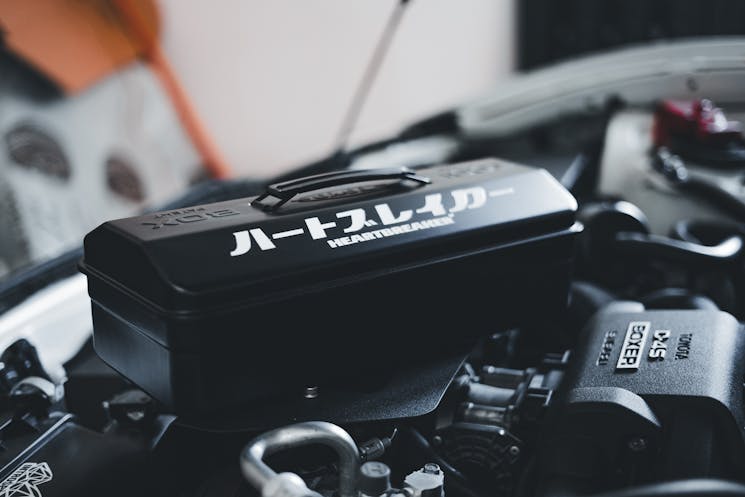The term black box, often synonymous with airplanes, and crash landings, has been used as a tool by accident reconstructors for quite a while now. As these black boxes become more and more prevalent, they are also being used as admissible evidence in a legal proceeding. These days, trucks come equipped with event data recorders so that specific data related to the functioning of the vehicle can be monitored. Considering the vast number of trucks plying on California roadways, it is a good idea to have a device that stores all vital information about a large vehicle.
When it comes to examining truck accidents, the data retrieved from in-built black boxes can be extremely valuable. These devices store details such as speed, braking behavior, and engine performance before an accident occurs. By analyzing this information, investigators can gain insights and learn more about what led to the accident and assign responsibility. In this article, we will delve into the significance of box data in truck accident investigations and how it plays a role in enhancing road safety.
Understanding Black Box Data
Black boxes, also known as event data recorders (EDRs) or electronic control modules (ECMs) are commonly found in vehicles, including trucks. They are specifically designed to capture data related to the vehicle’s functioning. In the context of truck accidents, black boxes hold information such as speed, acceleration rates, braking patterns, and whether safety features like seatbelts or airbags were in use during the impact.
Analyzing black box data enables accident investigators to reconstruct the events leading up to a collision. This invaluable data aids in determining if driver error played a role in an accident, and sheds light on any technical issues that might have contributed.
Determining Liability
In investigations involving truck accidents establishing liability is of importance. Understanding who is responsible is essential to ensure compensation. It also helps take steps to prevent similar incidents in the future. The data from event data recorders plays a role in this process by offering precise insights into driver behavior and performance.
Investigators can determine whether any traffic rules were violated by examining black box recordings of events like sudden acceleration or abrupt braking. For instance, if the black box data shows speeding, it becomes evidence against the driver who broke speed limits.
Challenging False Allegations
Apart from assigning blame, black box data serves as a tool in defending against claims that often arise after a truck accident. Some parties might look to misrepresent facts to gain compensation or shift responsibility onto the truck driver.
By analyzing box data, defense lawyers can counter allegations with objective proof. If someone claims that the truck driver didn’t brake in time to prevent a collision, the black box data can reveal the braking pattern, thereby debunking any misinformation.
Improving Safety Measures
The primary aim of investigating truck accidents is not about determining fault but about enhancing overall road safety. Black box data plays a role in this by unveiling patterns and trends that can assist in identifying issues with current safety measures. By examining accident scenarios and scrutinizing the corresponding black box data, authorities can pinpoint the general factors that lead to accidents. This valuable information enables regulators and transportation companies to implement adjustments, such as training programs, maintenance protocols, and adapting speed limits where necessary.
Legal Acceptance
The validity of black box data as evidence in courtrooms has been widely acknowledged in jurisdictions. However, both prosecutors and defense attorneys must ensure its admissibility through authentication processes and expert testimony.
To uphold the admissibility of black box data as evidence in court proceedings, it must undergo an extraction process while preserving the integrity of the device and its stored information. Typically, this procedure involves professionals trained in Event Data Recorders (EDRs) who specialize in extracting and presenting this evidence. It is vital to ensure that the black box is not tampered with by a third party.
The Future of Black Box Technology
Similar to technologies integrated into vehicles, black boxes are continuously advancing and refining with technological progress. Manufacturers are consistently exploring ways to enhance their capabilities and ensure their data is as precise and exhaustive as possible.
Some truck models come with advanced black box systems that have the capability to capture more detailed information, including the drivers actions before a collision occurs.
In Conclusion
The significance of box data in investigating truck accidents cannot be emphasized enough. It offers evidence regarding driver conduct, mechanical failures, and other pertinent factors leading to an accident. By examining this data, accident investigators can establish accountability and implement enhancements to improve road safety. As technology progresses, black boxes will play an even greater role in ensuring precise and effective investigations.












